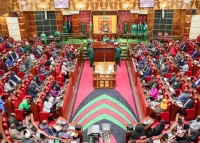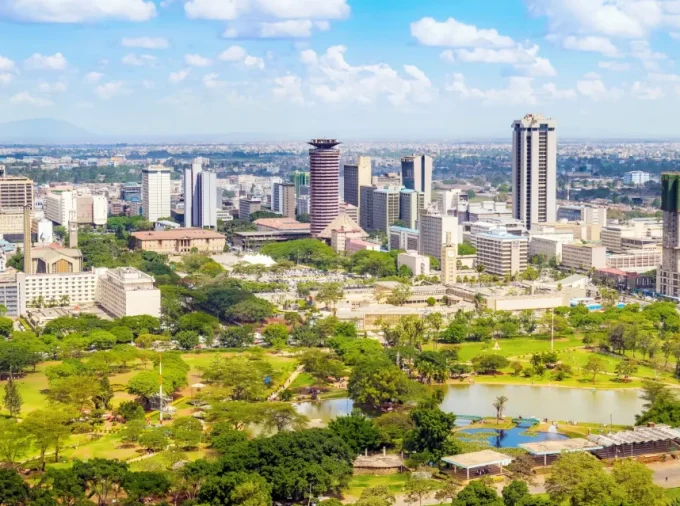Kenya improved nine positions in 2019 to 70.31 showing that it was becoming friendlier for those seeking to invest in the country.
The Ease of Doing Business Report 2019 shows that the country that is hailed as the East African economic hub outdid several other economies on the continent to become one of the most preferred locations for doing business.
However, locally, hundreds of companies have closed shop stoking fears that the economy is improving for those in power while continually emasculating the poorest in the society.
Companies closing down
As of August 2019, the country’s Registrar of Companies had listed some 388 companies as having been dissolved between March and August.
And that is not all as it seems that Kenyans are not having time to catch their breath as dozens more are scheduled to be struck off the companies register by this years’ end, according to the Standard.
With the closure of these companies and more still planning to cease operations, the country’s unemployment rates will deteriorate.
Already, several Kenyans have lost jobs as their employers resized or closed down altogether.
Among the companies that have either shut down completely or scaled down include some telcos, the media and banks.
The East African Portland Cement Company is the hardest hit by the economic downturn having announced that it was laying off all its employees in a notice in August.
“Subsequently, all jobs will be reconfigured in terms of job consolidation and enrichment in line with the restructured and leaner organisation structure,” said EAPCC CEO Stephen Nthei.
The company later revoked this announcement where all employees had been laid off in a notice suspending all workers by declaring them redundant.
As it is, the country’s economic future is gloomy despite the rosy picture that the government is painting.
In September alone, the Standard reported that 95 companies were dissolved, five less than the 100 dissolved in July and five more than those that were affected in May.
This attrition is reflected in the data by the Kenya National Bureau of Statistics (KNBS) where job creation fell sharply from 910,000 to 841,000 between 2017 and 2018.
Kenya’s informal sector promoting investments
Kenya’s informal sector is characterised by the Micro and Small Enterprises (MSEs) which employs 1-50 workers. This business sector cuts across all the sectors of the country’s economy.
An option for Kenyans seeking employment is the gig economy which employs 14.9 million workers. This accounts for 83.6% of the working population.
The KNBS data is consistent with the Nairobi Securities Exchange (NSE) poor performance where several listed companies have issued profit warnings over the past year and spilling over into this year.
Kenya’s main legislation on promoting and facilitating both local and foreign investments is the Investment Promotion Act (2004).
This Act particularly states the licenses and other related requirements that a local or a foreign investor in Kenya should have.
With the MSE sector employing about 74.2% of the Kenyan workforce, it contributes to about 18.4% of the country’s Gross Domestic Product (GDP). However, it seems that there is no government input to improve the local sector’s contribution to the economy.
The irony of Kenya’s economy growth
According to the Where to Invest in Africa 2020 report, Kenya improved marginally as one of the top countries to invest in on the continent.
The study by South Africa’s Rand Merchant Bank saw Kenya move up one place to place fourth from the previous ranking.
This ranking saw Kenya beat Ethiopia which was ranked fourth in the 2019 report.
The numbers on the ground may, however, be telling a different story since Ethiopia had an edge over Kenya when it comes to FDIs valued at more than Ksh700 billion as of last year outpacing the country as the top destination for foreign direct investment in East Africa, reigning in.













Leave a comment